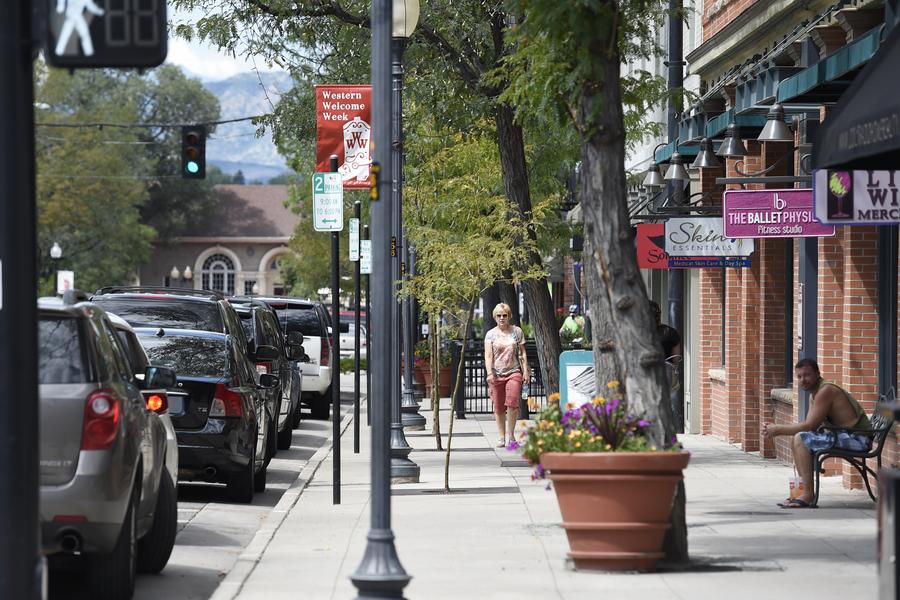Littleton to require voter approval on urban renewal
Molly Armbrister
Denver Business Journal

Downtown Littleton.
Littleton voters Tuesday approved ballot measures reforming urban renewal in the city following a special election, making it unique among Colorado cities because it will now require voter permission to use state-sanctioned tools for urban renewal.
Questions 300 requires the city to go to the voters before using common urban-renewal tools such as tax-increment financing and eminent domain. Question 300 passed by 5,755 yes votes to 3,811 no votes, a margin of approximately 60 percent to 40 percent.
Question 2A, which prohibits the use of eminent domain, except at the request of the property owner, was even more widely approved, passing by 6,583 yes votes to 2,890 no votes.
Question 300 was brought for special election after Littleton residents objected to the way urban-renewal tools were being used in the city. Specifically, residents took issue with the city's designation of four zones as blighted, which opens the door for the use of urban renewal. Many areas within those zones are not blighted, residents say, and some places even include new development.
"Like most elections, this one was a large difference of opinion, this one about what is best for Littleton," said Paul Bingham of Your Littleton Your Vote, the group that pushed to get Question 300 on the ballot. "The Your Littleton Your Vote group's opinion was favored by more of the voters than the other group's."
But opponents of Question 300 argued that the measure would cause developers to pass over Littleton for projects because of an additional hurdle to getting development done.
Littleton Mayor Phil Cernanec, who was opposed to Question 300, issued the following statement: "Regardless of the voters' decision, the city council and I will continue engaging with citizens and encouraging healthy dialog on the very important issues we face. It is, and always has been, our goal to look for ways to keep Littleton moving forward."
No comments:
Post a Comment